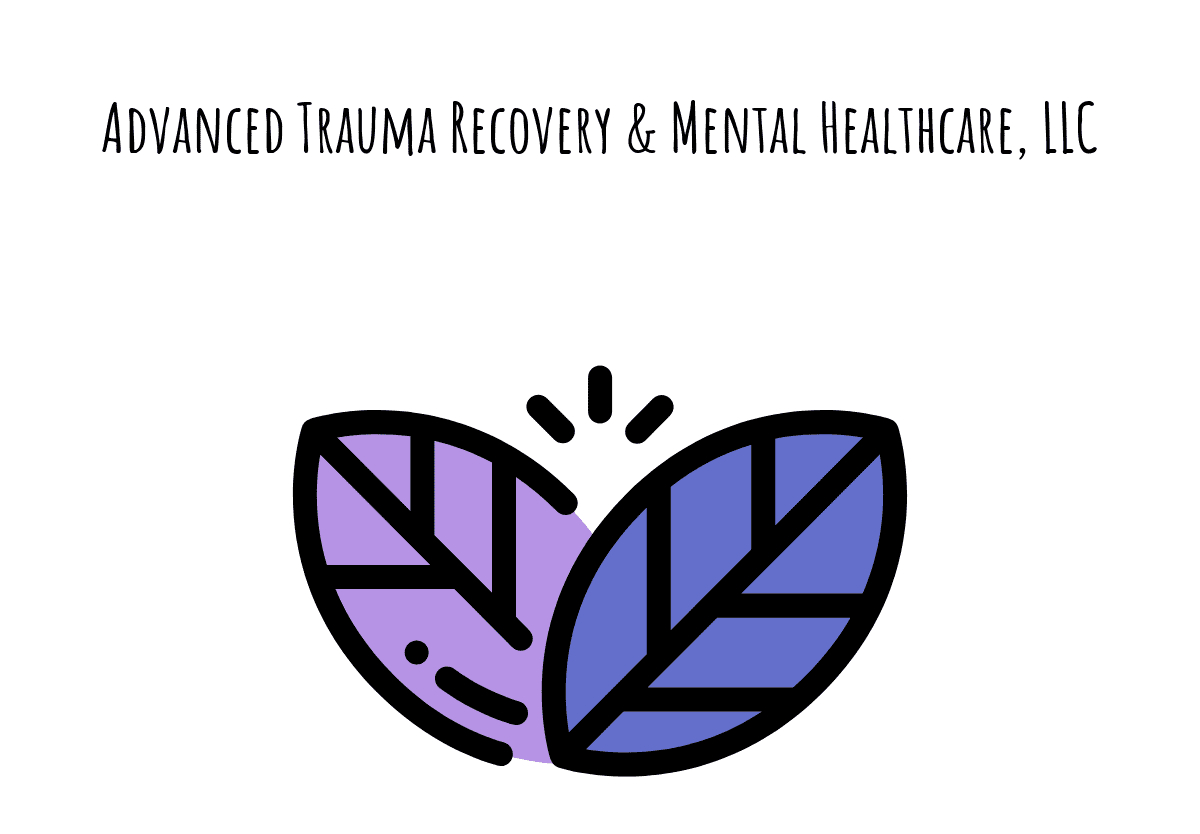A Brief Overview of Our Psychotherapies
Trauma Focused Treatments:
EMDR – EMDR stands for eye movement desensitization and reprocessing. This technique uses bilateral sensory input such as side-to-side eye movements to stimulate the brain to process difficult thoughts, memories, and emotions.
Narrative Exposure Therapy (NET) – This is a form of talk therapy that focuses on processing emotional, sensory, and cognitive experiences related to trauma and adversity across the lifespan. NET integrates written homework and talk therapy. It is helpful in processing past trauma, gaining insight into how the past influences the current, and integrating past memories.
Cognitive Processing Therapy – This modality focuses on how a person perceives a traumatic event and processes it. A therapist can help their client work through stuck points, which are certain thoughts related to the trauma that prevents the person from recovering. The client is also assisted in integration of trauma memories so they are less likely to cause symptoms.
Additional Therapies Offered:
Mindfulness-based Cognitive Therapy (MBCT) – MBCT combines cognitive therapy with meditative practices and attitudes based on the cultivation of mindfulness. MBCT helps people separate themselves from their thoughts and moods, and teaches them how to recognize their sense of being. It also aims to provide the necessary tools to combat symptoms as they arise.
Cognitive Behavioral Therapy (CBT) – CBT is grounded in the belief that it is a person’s perception of events – rather than the events themselves – that determines how they will feel and act in response. With CBT, you’ll be able to adjust the thoughts that directly influence your emotions and behavior. CBT sessions are structured to ensure that the therapist and the person in treatment are focused on the different goals of each session, which in turn ensures that each and every session is productive. CBT based interventions have been shown helpful for a wide variety of mental health issues.
Dialectical Behavior Therapy (DBT) – DBT offers individuals comprehensive skills to manage painful memories and emotions and decrease conflicts in their relationships. This modality focuses on 4 specific areas of therapeutic skills, including mindfulness, distress tolerance, emotion regulation, and interpersonal effectiveness. DBT is helpful for borderline personality, depression, bipolar disorder, substance abuse, eating disorders, and trauma based issues.
Acceptance & Commitment Therapy (ACT) – ACT is based on the principle that struggling to control or suppress negative psychological experiences often creates unnecessary suffering. It emphasizes mindfulness, value based behaviors, and taking committed action to continue to move toward your values. ACT offers individuals comprehensive skills to manage painful memories and emotions and decrease conflicts in their relationships. Through acceptance and coping mechanisms, one can learn to better manage a range of emotions and increase overall well-being. ACT has been shown helpful for a wide variety of issues, including depression, anxiety, and trauma based issues.
If you or a loved one would like to explore treatment options, please reach out to us. We have personally witnessed amazing transformation through therapy and want to offer the help you need to enjoy life again.
